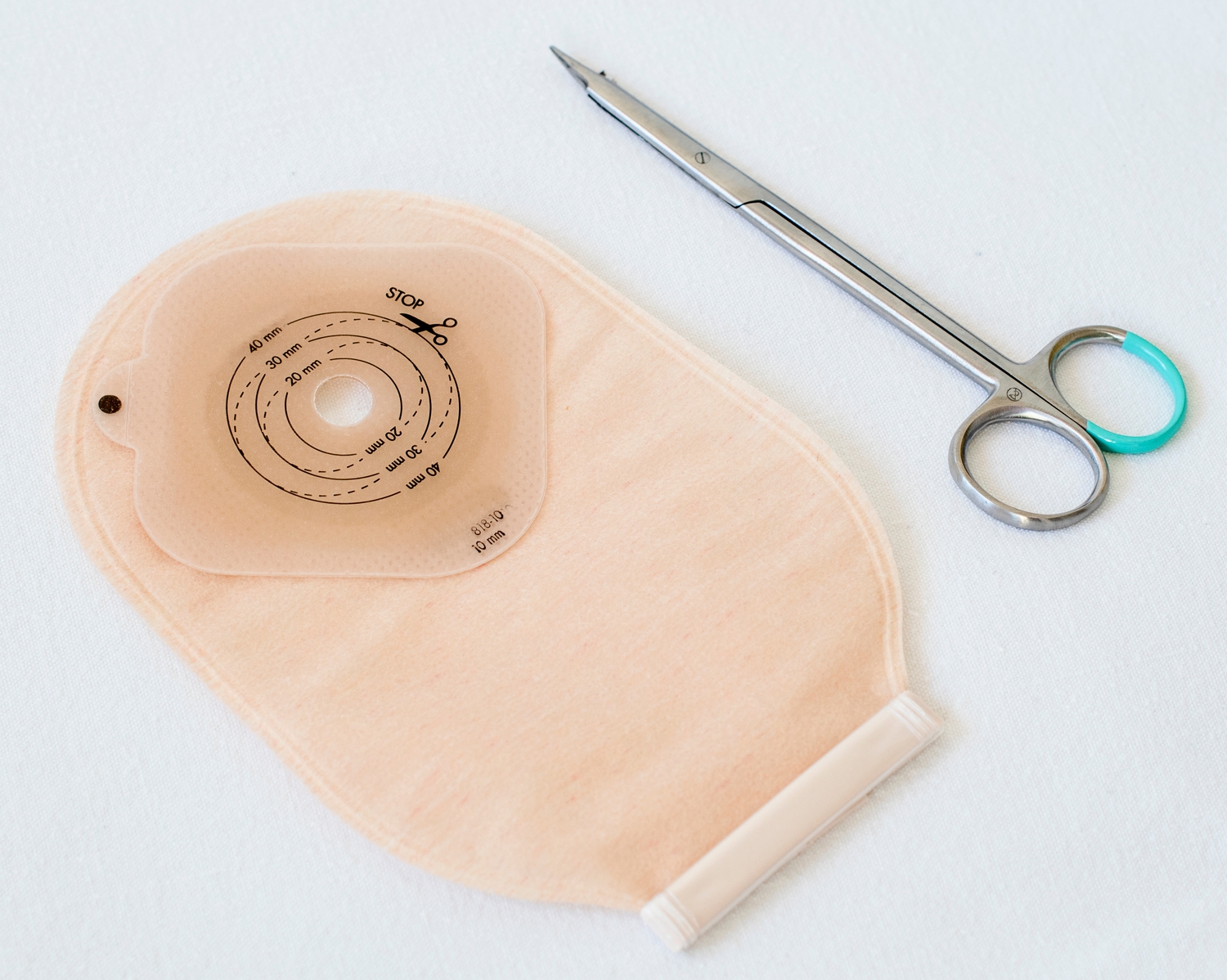Comprehensive Overview of Clinical Research Processes
This article offers an in-depth overview of the clinical research process, highlighting its phases, ethical considerations, and importance in medical advancement. It explains how trials are conducted, regulated, and monitored to ensure participant safety and reliable results, fostering innovative treatments for diverse populations. A valuable resource for understanding the systematic approach behind developing new therapies to improve healthcare outcomes.

Comprehensive Overview of Clinical Research Processes
Introduction
Clinical research is essential for advancing medical knowledge and enhancing patient care. These carefully planned studies evaluate new drugs, treatments, and procedures for safety and effectiveness, following strict ethical and regulatory standards. This article provides a detailed look at the clinical research lifecycle, including its stages, regulatory requirements, and significance in modern medicine.
What is Clinical Research?
Clinical research involves studies with human volunteers designed to address specific health questions. It is vital for developing new therapies through scientific investigation and hypothesis testing within a structured framework.
Stages of Clinical Trials
Clinical studies are divided into four key phases, each with unique objectives.
Phase I: Evaluating Safety and Dosage
The goal of Phase I is to assess the safety profile of the new treatment. Typically involving healthy volunteers, this phase aims to determine appropriate dose levels and identify any potential adverse effects.
Phase II: Assessing Effectiveness and Side Effects
Phase II expands to include patients with the targeted condition, focusing on treatment efficacy and further safety evaluations.
Phase III: Confirming Effectiveness and Benchmarking
This phase involves large and diverse participant groups to verify the treatment’s effectiveness, monitor side effects, and compare it with existing therapies. It generates critical data for regulatory approval processes.
Phase IV: Long-term Monitoring
Post-approval, Phase IV studies oversee the long-term safety and effectiveness of the treatment across broader populations, detecting rare or delayed side effects.
Ethics and Regulations
Maintaining ethical standards and regulatory compliance is crucial. Agencies such as the U.S. Food and Drug Administration (FDA) and European Medicines Agency (EMA) regulate clinical trial conduct to protect participants’ rights, safety, and well-being.
Informed Consent
Participants must be fully informed about the trial's purpose, procedures, risks, and benefits before consenting voluntarily, ensuring ethical participation.
Review Boards
Institutional Review Boards (IRBs) or Ethics Committees evaluate and approve trial protocols to ensure ethical standards and participant safety, acting independently from researchers.
Randomization and Blinding
Randomization assigns participants to different groups randomly, eliminating bias. Blinding prevents participants and researchers from knowing group assignments, reducing preconceptions' impact on outcomes.
Safety and Data Monitoring
Independent Data Monitoring Boards (DMBs) oversee study progress, participant safety, and data integrity. They can recommend modifications or halts if necessary.
Adverse events are recorded meticulously to monitor risks and ensure ongoing safety.
Diversity in Clinical Trials
Inclusive recruitment ensures results are applicable across diverse populations, considering differences in age, gender, ethnicity, and genetic factors, thereby enhancing treatment effectiveness for all.
Conclusion
Clinical research is fundamental to medical progress, combining rigorous phases, ethical rigor, and meticulous data analysis. It guides the development of safe and effective treatments, ultimately fostering a healthier future through scientific discovery.
—
For more insights, visit resources like the National Institutes of Health (NIH) or the World Health Organization (WHO), which offer extensive information on clinical research practices and significance.










